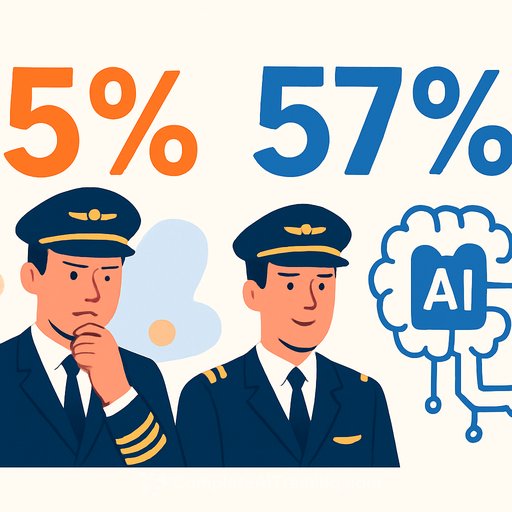Heating, Ventilation, and Air-Conditioning (HVAC) systems account for up to 60% of a retail store’s energy use, making energy efficiency a top priority. Rising utility costs, stricter sustainability mandates, and consumer demand for eco-friendly practices are pushing retailers to rethink their energy strategies. AI-powered Energy Conservation Measures (ECMs) offer a smarter, automated, and scalable way to manage energy across retail locations.
These advanced ECMs go beyond simple thermostat adjustments. By analyzing real-time data and applying predictive analytics, retailers can optimize energy consumption, prevent equipment failures, and reduce downtime. This approach boosts both efficiency and reliability in HVAC operations.
1. Optimal HVAC Performance
HVAC systems are essential for retail environments—not just for customer comfort but also for maintaining proper conditions for sensitive products like food and pharmaceuticals. Traditional HVAC systems operate on fixed schedules and temperature settings, often wasting energy.
AI-powered ECMs continuously analyze variables such as occupancy, weather, indoor air quality, and historical data to adjust HVAC operations precisely. For example, during low foot traffic or favorable outdoor temperatures, AI can activate economizers to use free cooling. When demand spikes or weather changes, it fine-tunes performance to maintain comfort efficiently.
Dynamic setpoint optimization allows AI to recalibrate temperatures throughout the day based on factors like electricity pricing and thermal load. This intelligent control reduces energy costs without compromising comfort or operational consistency.
2. Proactive Fault Detection & Predictive Maintenance
Unplanned HVAC failures can be costly, especially during peak shopping hours or extreme weather, causing lost revenue and unhappy customers. Repairs can cost up to $200,000 per hour in some multi-site retail operations.
AI helps shift maintenance from reactive to proactive by constantly monitoring components like compressors, fans, valves, and sensors. Early signs of wear or faults—such as pressure changes or unusual vibrations—are detected before they escalate.
Refrigerant leaks, a major environmental and regulatory risk, can also be identified early using AI-driven monitoring of temperature, pressure, and flow data. This enables quick intervention to prevent efficiency loss, environmental harm, and compliance issues.
Beyond alerting human operators, AI can initiate autonomous corrective actions, reducing downtime and cutting the need for on-site technician visits.
3. Intelligent Load Management
Multi-site retailers often operate numerous rooftop units (RTUs) with uneven workloads. Some units end up overused, causing premature wear and higher maintenance costs.
AI dynamically redistributes loads across RTUs, balancing usage to extend equipment lifespan and improve efficiency—similar to rotating tires on a vehicle. It also prevents mode mismatches where one unit heats while another cools the same space, which wastes energy and strains equipment.
During peak demand periods, AI supports Automated Demand Response (ADR) by adjusting HVAC, lighting, and refrigeration in response to utility signals. This strategic load shedding helps avoid expensive peak charges and lowers overall energy costs.
4. Smarter Energy Use at Scale
AI empowers facilities teams to remotely monitor and manage hundreds or thousands of HVAC systems across multiple locations. These cloud-based platforms enable real-time troubleshooting and system resets, reducing operational costs and response times.
AI also improves sensor accuracy by detecting anomalies and filling in missing or faulty data. This ensures reliable system operation across diverse climates and energy tariffs.
Having precise, centralized data allows retailers to make proactive, strategic energy decisions rather than reacting to problems after they occur.
Building a Smarter, Sustainable Retail Strategy
Retailers adopting AI-driven ECMs see clear benefits: lower energy bills, reduced carbon emissions, higher operational reliability, and better customer comfort. These gains align with the expectations of climate-conscious consumers and support compliance with tightening regulations.
As energy costs rise and sustainability becomes a business imperative, AI-powered energy management is becoming essential. Investing in predictive maintenance, intelligent load balancing, and remote diagnostics positions retailers to improve efficiency, resilience, and environmental responsibility.
For executives focused on strategy and operations, the path is straightforward: start with current systems, scale solutions carefully, and let AI guide your retail energy management toward a more efficient and sustainable future.
```Your membership also unlocks:






